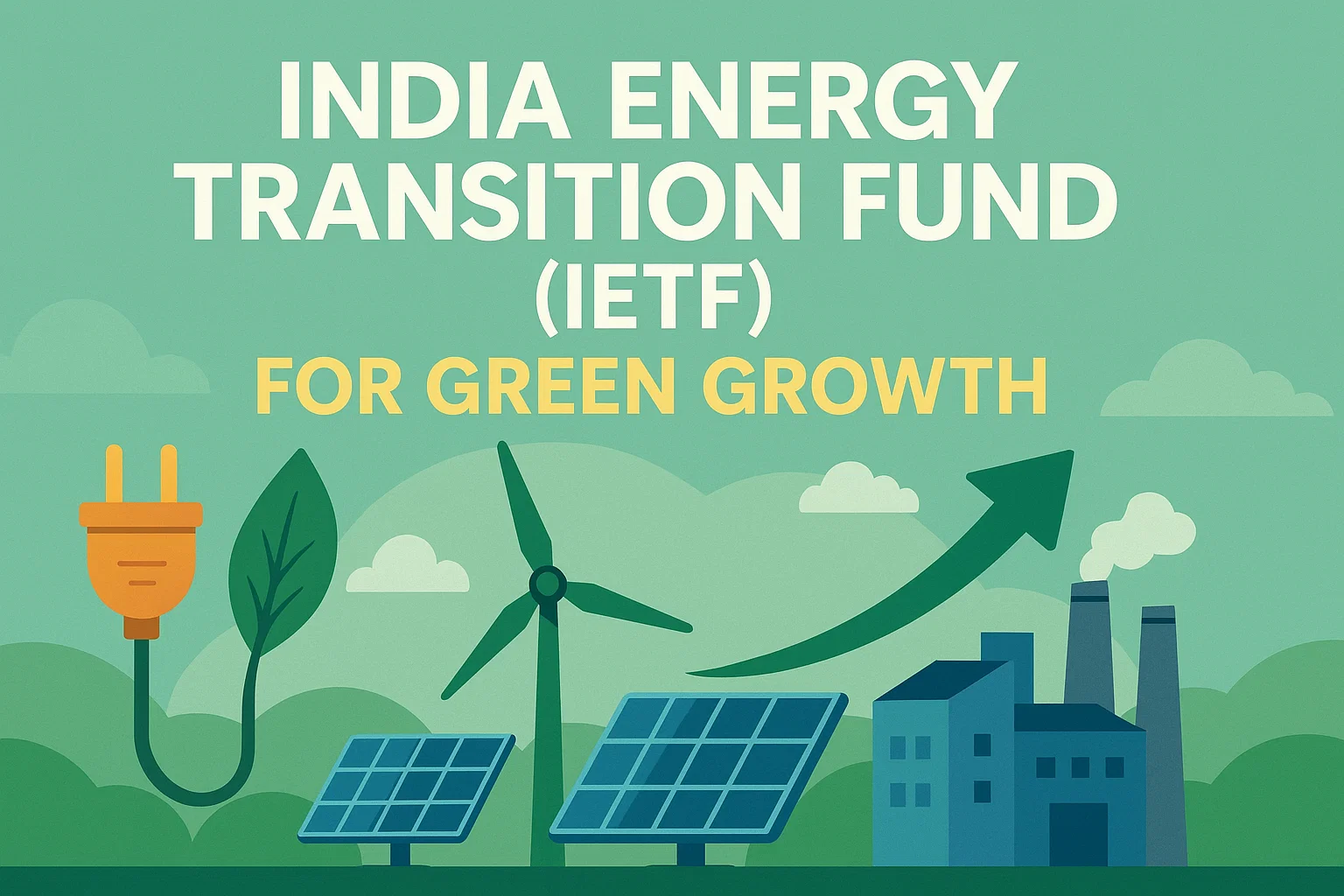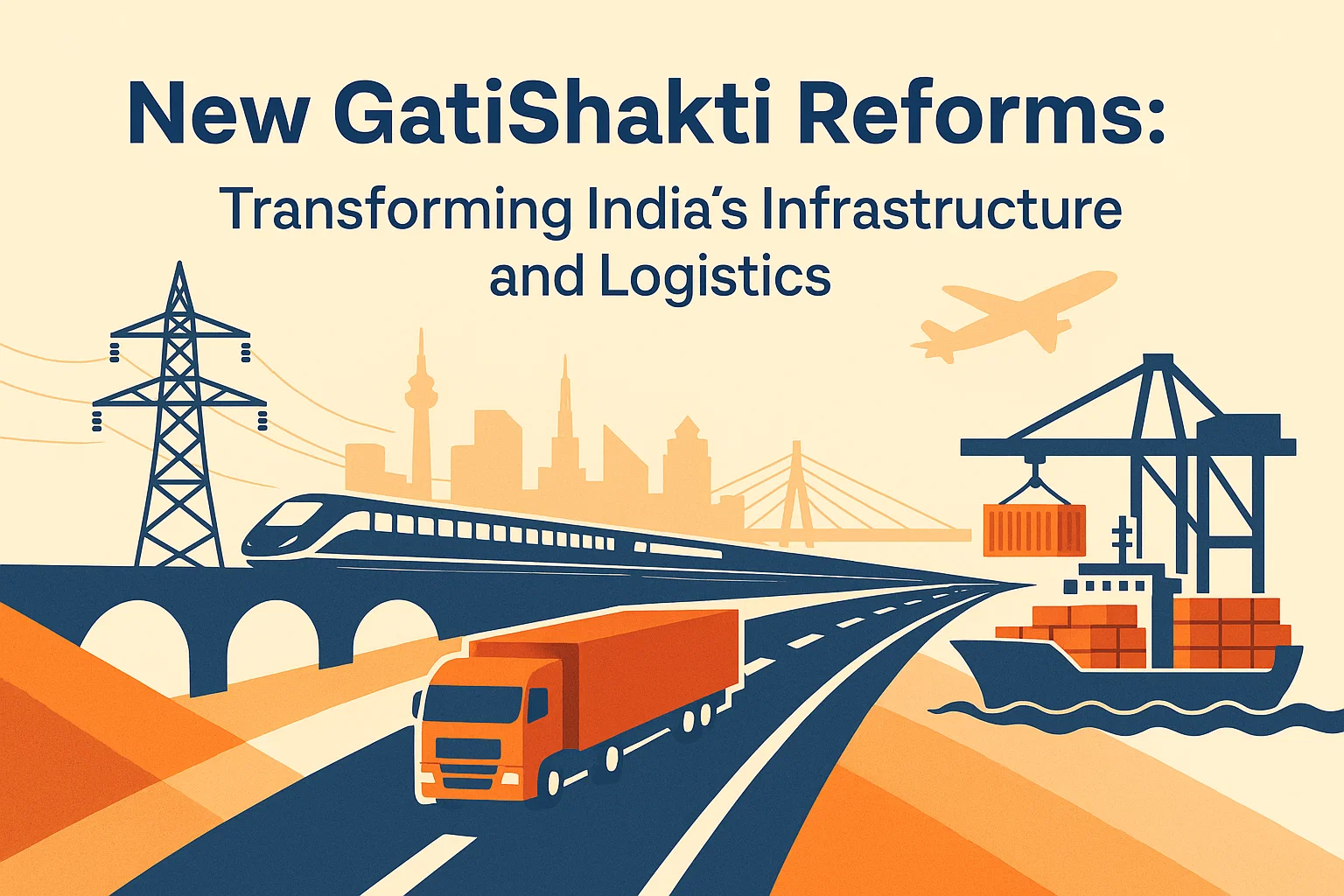Font size:
Print
ASEAN+3 and Asia’s AI Future: Unlocking Strategic Resilience in a Turbulent World
Context: In the backdrop of escalating US trade protectionism under Donald Trump’s second term, ASEAN+3 is reviving its cooperative agenda to safeguard economic stability and harness artificial intelligence for regional resilience.
Why was this bloc formed?
- What is ASEAN+3?
- ASEAN+3 refers to the 10 ASEAN nations (Brunei, Cambodia, Indonesia, Laos, Malaysia, Myanmar, the Philippines, Singapore, Thailand, and Vietnam) plus China, Japan, and South Korea.
- The ASEAN+3 Macroeconomic Research Office (AMRO), Singapore, works closely with the ASEAN Secretariat in Jakarta.
- It was institutionalised in 1999, following the 1997–98 Asian Financial Crisis, as a platform for regional dialogue and cooperation. In response, member nations launched the Chiang Mai Initiative (2000), a regional financial safety net with currency swap arrangements. The bloc was thus created to strengthen economic stability, crisis management, and resilience.
- Case Study:
- During COVID-19, ASEAN+3 activated collective mechanisms for pandemic response, underscoring its role as an incubator for crisis solutions.
- As per the ASEAN+3 Finance Ministers and Central Bank Governors’ Joint Statement (May 2025), the bloc reaffirmed its commitment to a transparent multilateral trading system amid Trump’s tariff escalations.
What are the major objectives of ASEAN+3?
The objectives extend beyond finance into strategic and technological domains:
- Economic Resilience: Safeguard against global shocks through mechanisms like the Chiang Mai Initiative Multilateralisation (CMIM) and information-sharing frameworks.
- Technological Collaboration: Enhance cooperation in AI, semiconductors, and digital infrastructure. According to the ASEAN Digital Masterplan 2025, digital integration is central to growth.
- Capacity Building: Promote talent mobility and skills training, with initiatives under the ASEAN+3 Cooperation Work Plan 2023–27 focusing on digital skills and vocational training.
- Norm-Setting in AI: Support context-appropriate AI development. Southeast Asia’s homegrown LLMs like SEA-LION and SeaLLM v3 highlight efforts to localise innovation.
- Supply Chain Security: With East Asia producing ~75% of global semiconductors (Economic Survey 2022–23, citing WSTS), resilience in chip supply chains is a core agenda.
How is ASEAN+3 shaping Asia’s AI future?
Amid US protectionism, the bloc sees AI as both a challenge and an opportunity:
- Partnership-building: Cooperation across governments, academia, and industry to avoid zero-sum rivalries. Proposal for an ASEAN+3 AI Working Group can harmonise regulations on data, IP, and cybersecurity.
- Information-sharing: Export controls by the US on AI chips (e.g., Nvidia) push ASEAN+3 to institutionalise early warning systems for supply chain disruptions.
- Localised AI Ecosystem: Japan, China, and South Korea are collaborating with ASEAN start-ups to build AI reflecting linguistic and cultural diversity, promoting inclusivity and resilience.
How is India collaborating with ASEAN for AI partnership?
- ASEAN-India Science and Technology Development Fund (AISTDF) for collaboration on AI, blockchain, IoT, robotics, and quantum computing
- ASEAN-India Fund for Digital Future (AIFDF) to foster startups and innovation ecosystems
- PM-10 Point Plan to Strengthen ASEAN-India Comprehensive Partnership (Fostering Innovation and Technology segment)
Thus, India along with ASEAN+3 together can guide a more comprehensive and inclusive AI-driven Asia’s Future for strategic resilience, balancing self-reliance with collaboration while buffering against systemic shocks.


